The Value of Pedagogy in the Design of Playgrounds
According to the RAE, Pedagogy is the science that deals with education and teaching, especially for children. Other broader definitions, such as that of Dr. Daysi Hevia Bernal, head of the Teaching Department of the “William Soler” University Paediatric Hospital in Havana, defines Pedagogy as a set of knowledge that seeks to have an impact on the educational process, in any of its dimensions, as well as on the understanding and organisation of culture and the construction of the subject.
In general, play spaces can and should be structured in such a way that the activities carried out in them are suitable for all children, that they are universal and accessible. And to do this as coherently as possible, at Galopín we use Pedagogy as a guide. Thus, knowing that each child has different circumstances, we develop a public space that is more educational, attractive, fun and focused on each target group, but always within the inclusiveness. According to each age, characteristics and needs, at Galopín we integrate the most appropriate colours, shapes and types of play, thus creating quality public spaces equipped with educational elements that are a constant challenge.
A quality public space for children is much more than an area with a couple of swings, slides and some other structure. There should be a great deal of knowledge of design, regulations and materials, for example. Planning quality urban facilities involves a demanding degree of compromise, as enjoyment must prevail, but at the same time they must be safe. At Galopín, pedagogy governs the design of each game, integrating it into the design of our spaces from the very first moment, taking into account the nature of children, their needs for expression and their development. Only from this approach is it possible to create spaces in which personal, social and cultural relationships and values are generated, thus translating our work into health and wellbeing. And as experts in developmental and environmental psychology, we are aware that each age group requires specific play equipment: we seek a balance between play, development and learning, regardless of the users’ abilities, and we encourage physical activity and their wellbeing. Furthermore, all our ranges are designed to be combinable with each other, creating different play spaces that allow people of all ages to share their leisure time.
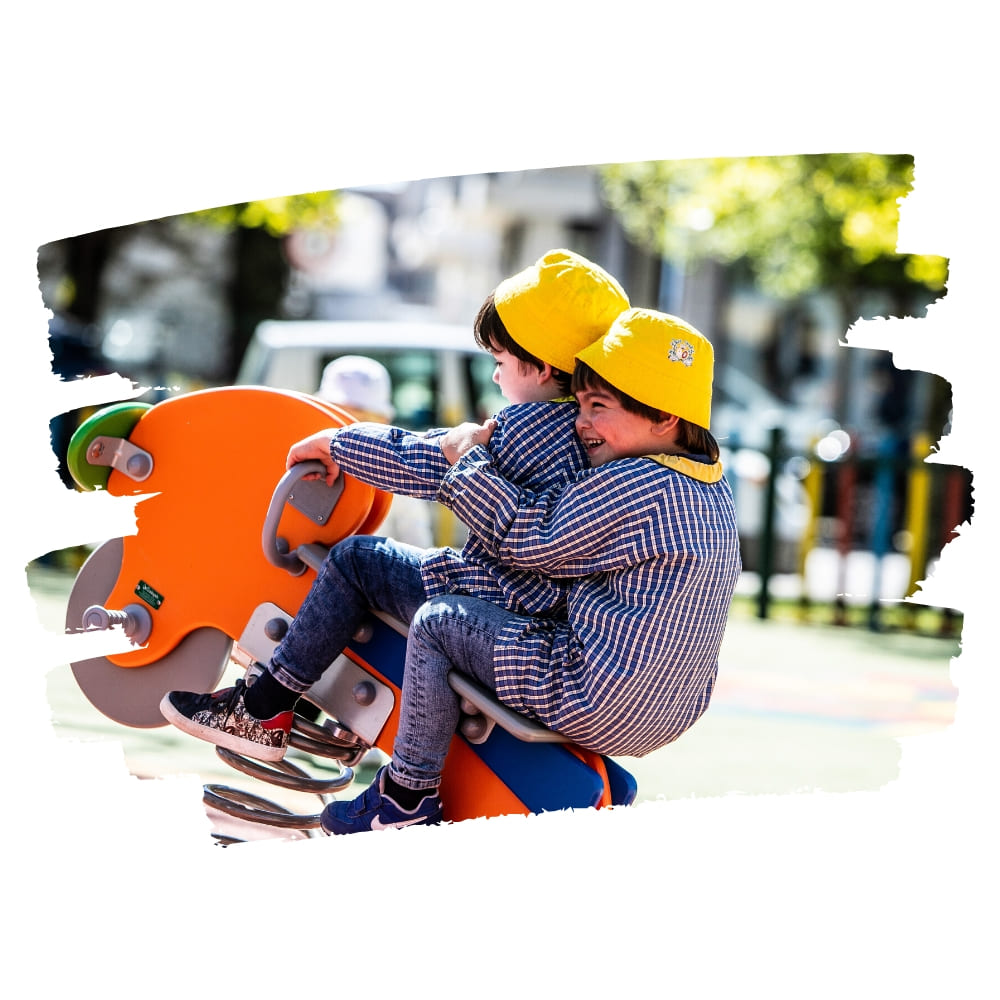

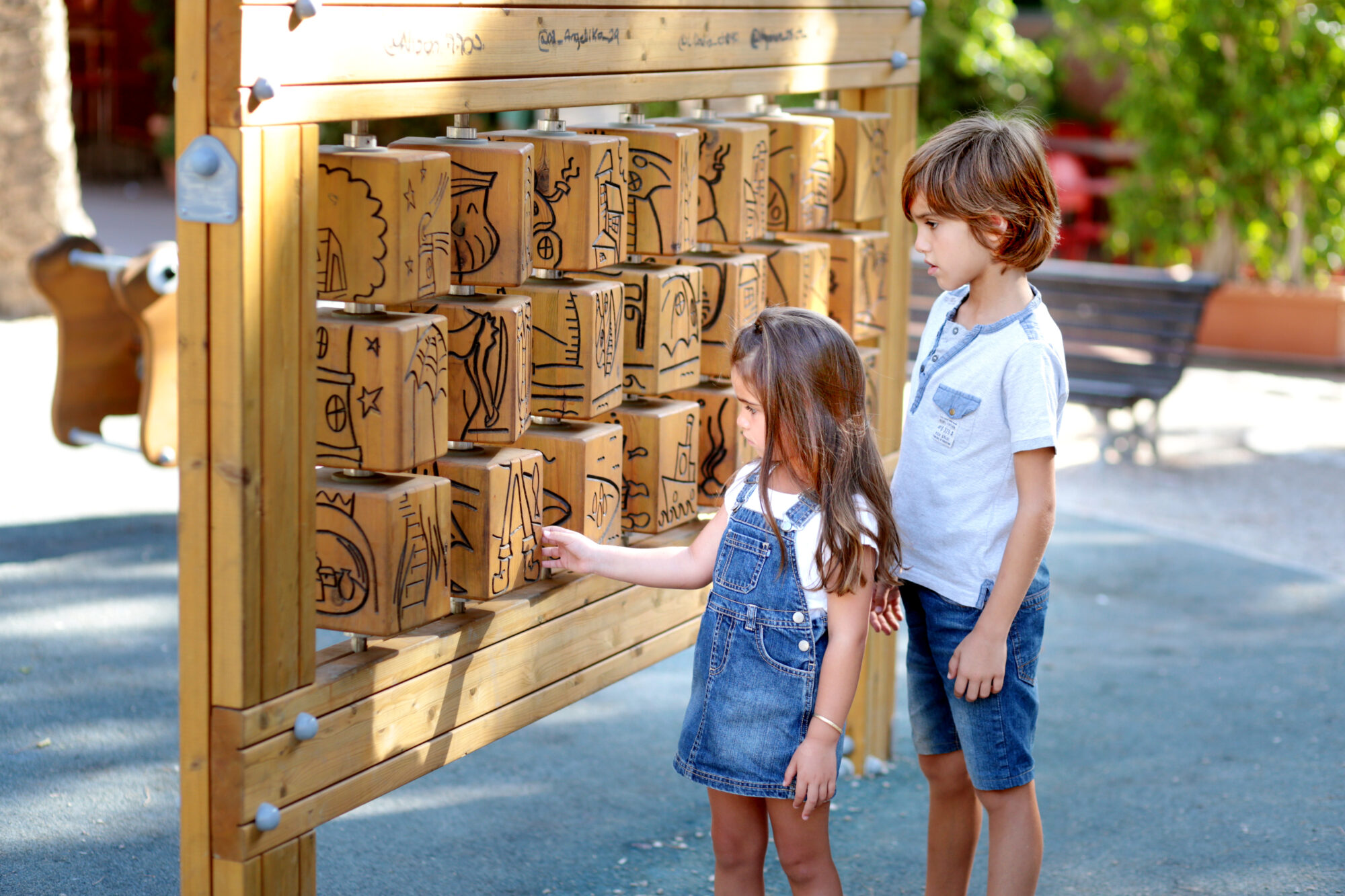
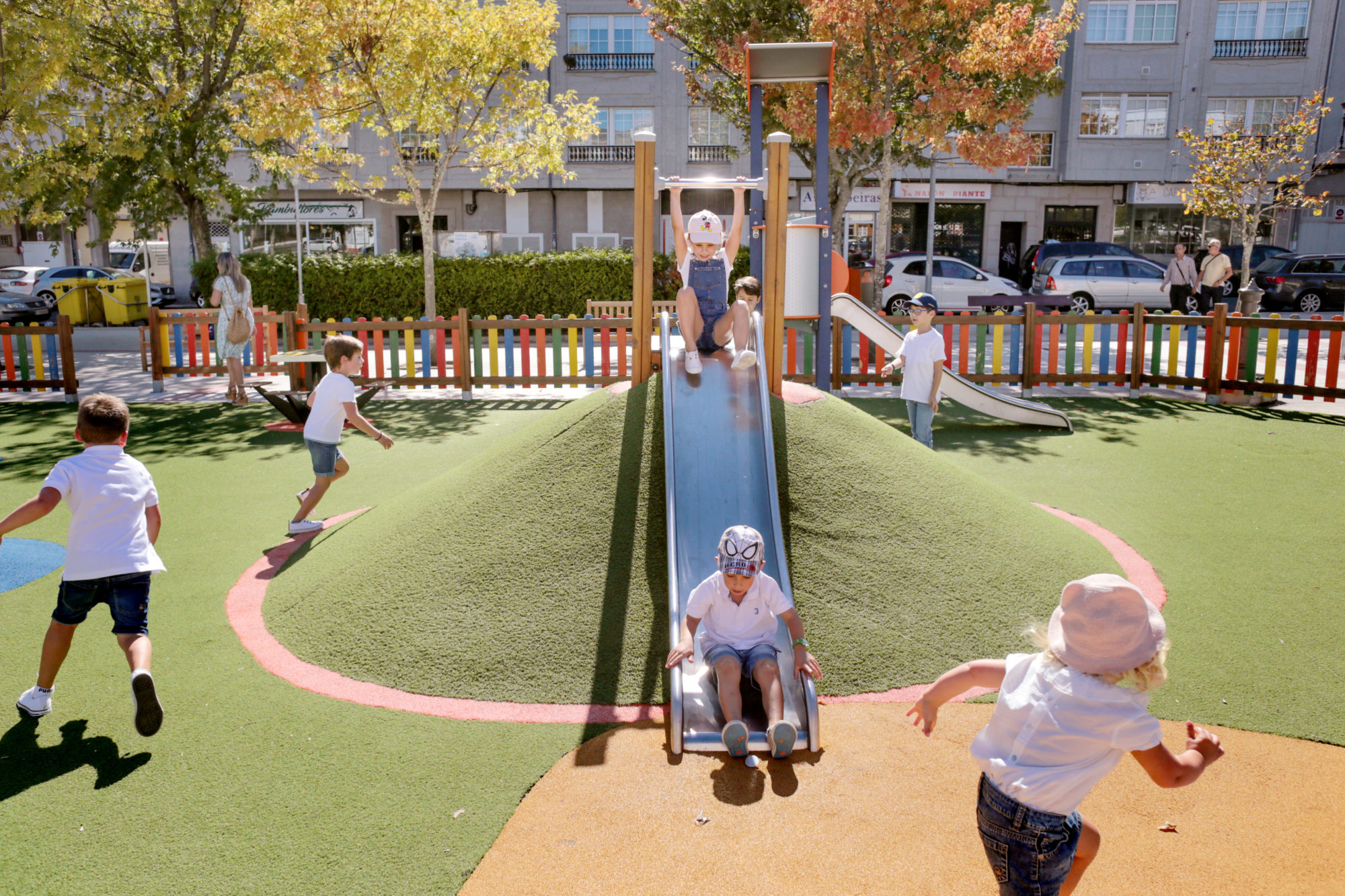
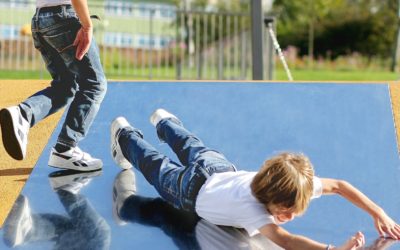
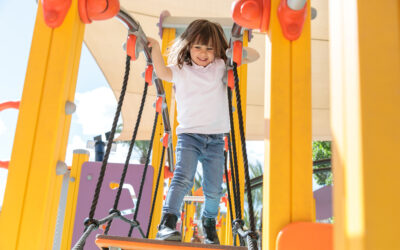
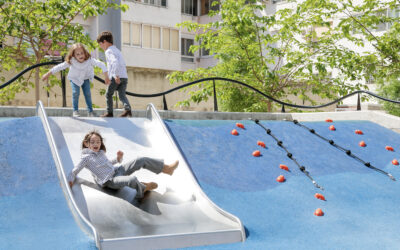
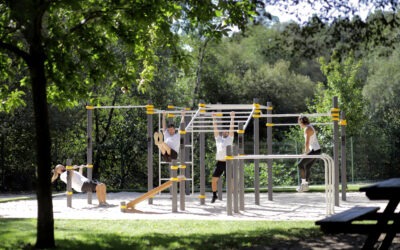
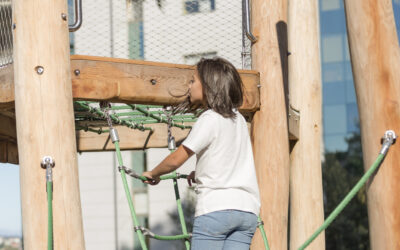
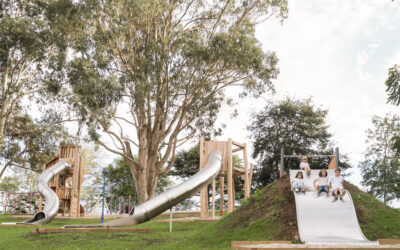
0 Comments